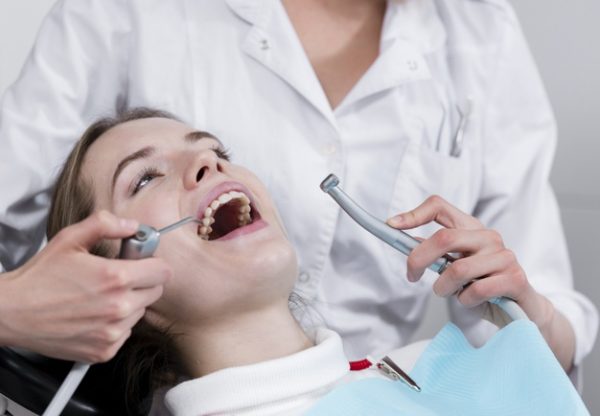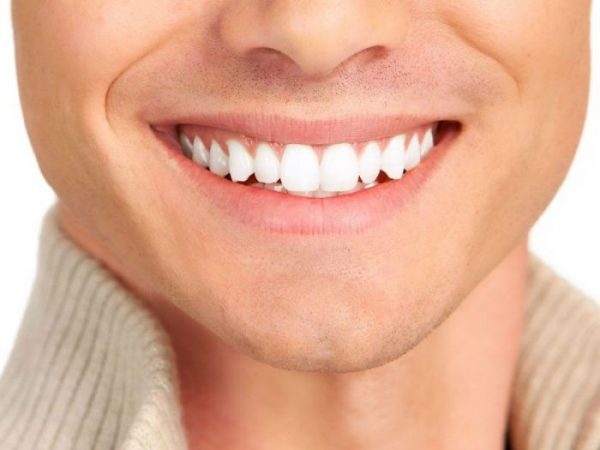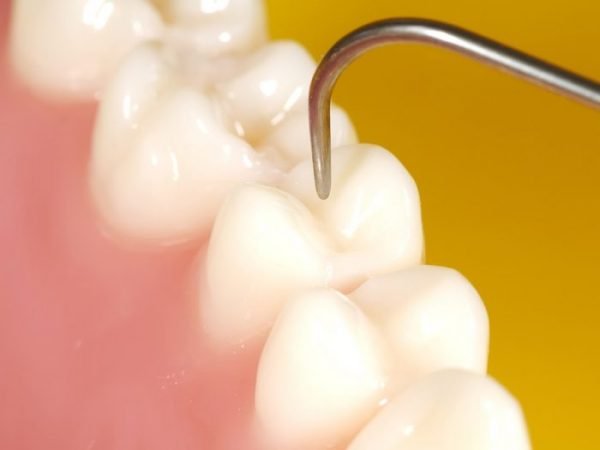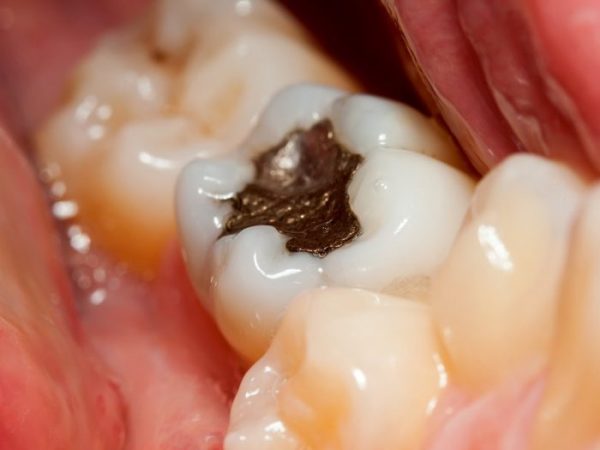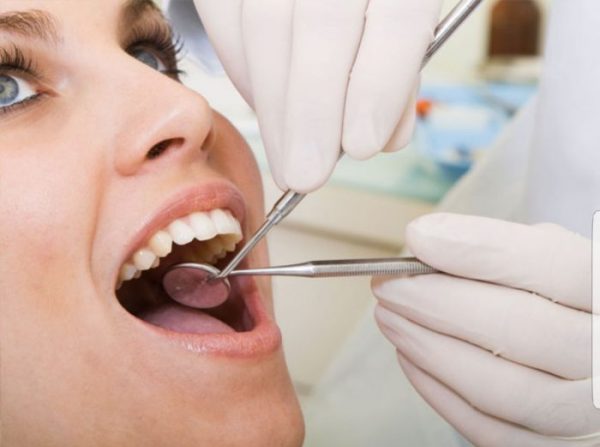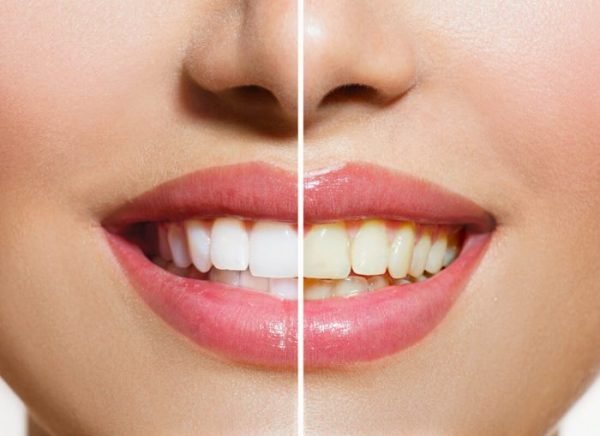ABOUT DENTAL CHECKUP
A dental checkup enables a dentist to inspect the teeth and gums, and identify any problems before they get worse.
Generally, dentists recommend getting a checkup every 6 months, however high risk patients should go more often, while patients with teeth which are in good condition, may not require as many visits in comparison.
The dentist will usually check each tooth for cavities or early signs of decay, and ask the patient if they have any problems. The dentist may offer hygiene advice, and schedule another appointment if follow-up treatment is needed.
Recommended for
- Everyone should have a dental checkup every 6 months, depending on oral health.
TIME REQUIREMENTS
- Average length of stay abroad: 1 – 2 days.
Patients may wish to stay longer if the checkup highlights problems, such as cavities that need fillings.
- Number of trips abroad needed: 1.
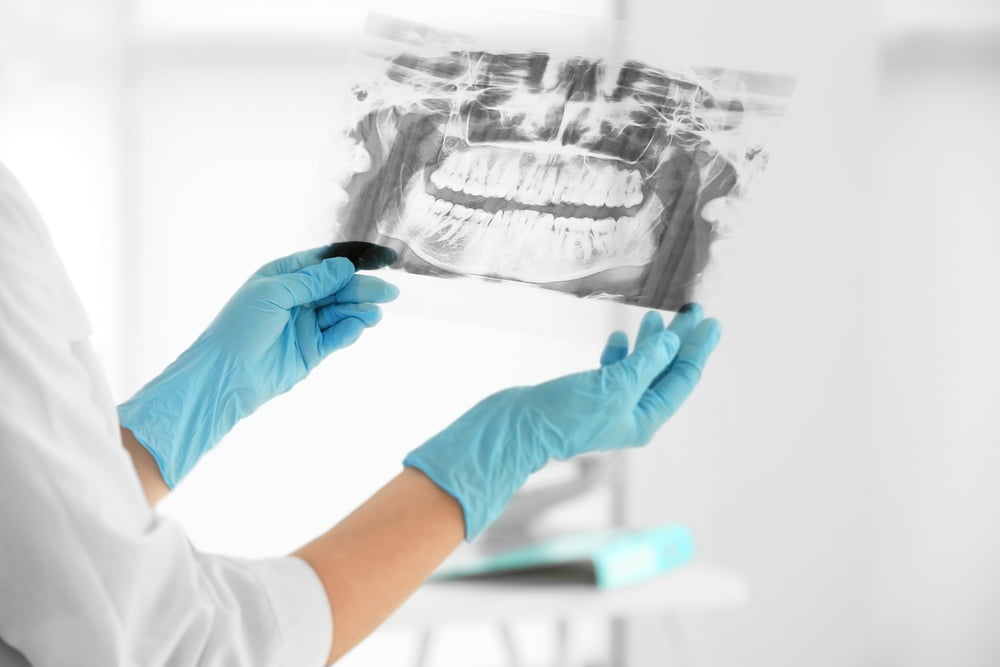
COMPARE DENTAL CHECKUP PRICES AROUND THE WORLD
| Country | Cost |
|---|---|
| Hungary | 30€ |
| Mexico | 24€ |
| Malaysia | 11€ |
HOW TO FIND QUALITY TREATMENT ABROAD
BEFORE DENTAL CHECKUP ABROAD
It is worthwhile to prepare your medical and medication history before your checkup. Many conditions can influence oral health, and in order for your dentist to do a thorough checkup, they should have as much information about the patient’s health as possible.
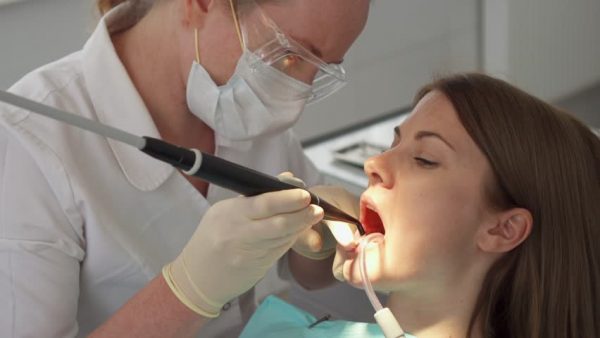
HOW IS IT PERFORMED
The dentist will conduct a number of checks and tests during the appointment. Most start with an examination of the head and neck, in this check, the dentist is looking for anything unusual that would indicate an oral health issue.
The dentist will also check the soft mouth tissues (tongue and cheeks) and periodontal flesh (gums), checking for cuts, spots, and anything else that might indicate an irregularity.
The dentist is also likely to examine the sit of the bite, sometimes using a wax paper to check how the teeth fit together. In some cases, the dentist may also clean the teeth.
Finally, the teeth will be examined. Using a mirror, the dentist will examine the teeth for signs of decay, tartar and plaque. The dentist will also look for cavities and damage to the tooth enamel. In instances where problems with the teeth are found, dentists commonly X-ray the area before deciding on further treatment.
Anesthesia
A checkup can be done without any anesthesia.
Procedure duration
The Dental Checkup takes 15 to 30 minutes.
FREQUENTLY ASKED QUESTIONS
The American Dental Associations recommends getting at least one dental checkup every year. Patients with chronic conditions that affect their dental health, such as high blood pressure or diabetes, should get checkups and cleanings more often.
Dental checkups allow a professional to monitor your dental health and detect potential problems before they progress. If caught early, most dental health problems can be easily treated before they cause significant damage. If you wait until you notice a problem or feel pain, it may be too late for an easy intervention. Left untreated, many problems could cause you to lose teeth.
During the checkup, the dentist will examine each of your teeth, your gums, and other soft tissues of your mouth checking for signs of infection, decay, or injury. They will go over any concerns you have and ask you about your eating and oral hygiene habits. The dentist can then recommend treatments such as tooth filling, periodontal surgery, orthodontic treatment if necessary. If you have a teeth cleaning scheduled during the same appointment, the cleaning may be done after the examination.
Many patients choose to travel abroad for dental care because of the high costs of dentists at home or because their national health care scheme does not provide dental care. In these cases, patients sometimes find it is less expensive to fly to a nearby country for dental care and pay out of pocket. Other patients take a yearly vacation to another country where dental care is cheaper and schedule their dental appointments for the same time. Dentists abroad often have the same or better qualifications than those in the US and UK. We recommend choosing an accredited dental professional who is experienced and caters to international patients.
